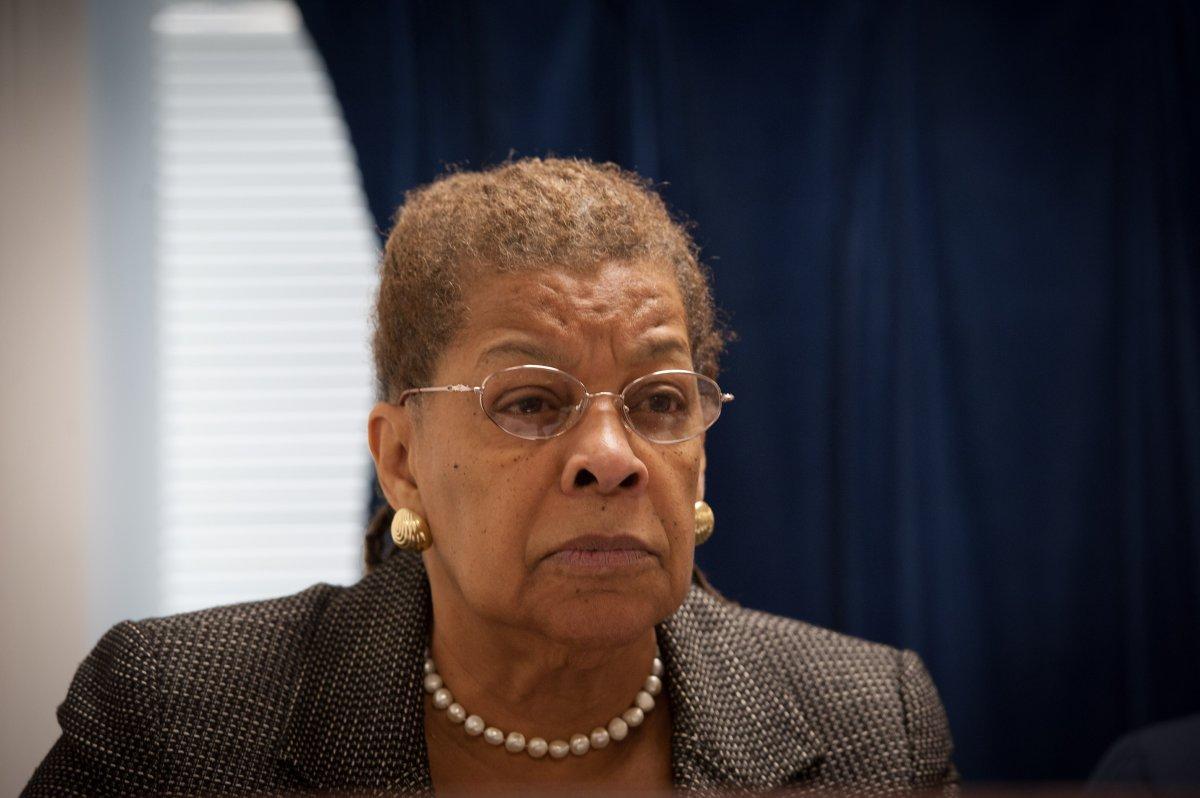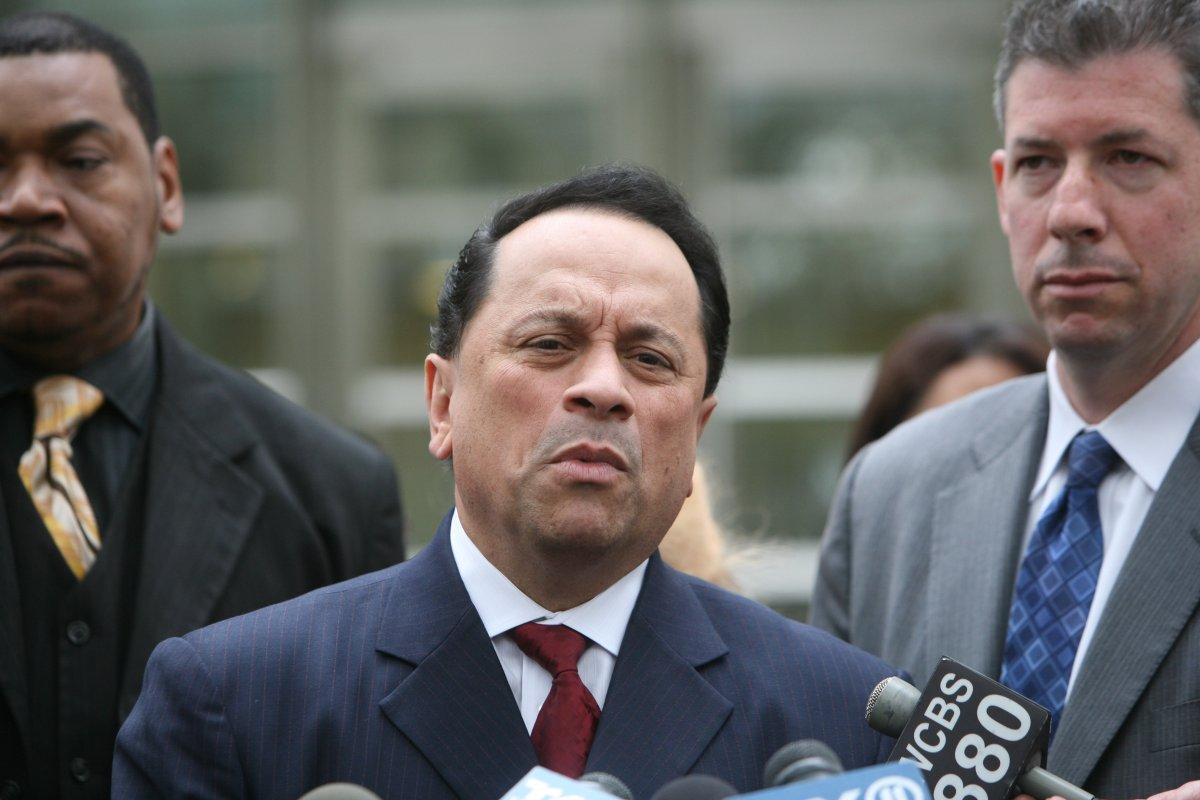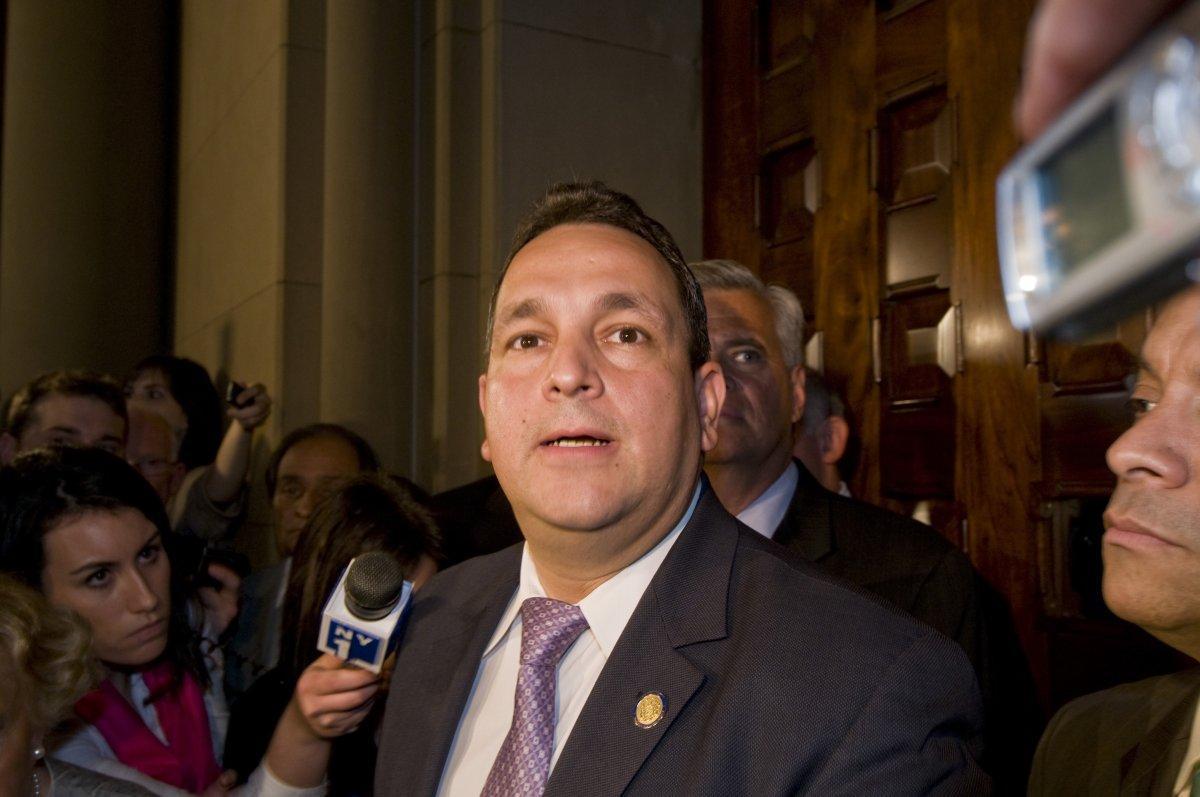|
New York Senate’s power struggle in 2009 may have doomed child-abuse law reform
By Kenneth Lovett
ALBANY — The best chance in recent years to pass legislation to help child sex abuse survivors may have fallen victim to a 2009 state Senate leadership coup that threw the chamber into chaos. Sen. Ruth Hassell-Thompson (D-Westchester) was carrying a bill to make it easier for victims to bring lawsuits and wanted then-Senate Democratic Majority Conference Leader John Sampson to move the bill to the floor through the Rules Committee he controlled before the legislative session ended in late June. But on June 8, 2009, Democratic Sens. Pedro Espada (D-Bronx) and Hiram Monserrate (D-Queens) — who were convicted years later on federal corruption charges — shockingly joined with Republicans to give the GOP control of the chamber. Monserrate quickly jumped back to the Dems, leaving the Senate gridlocked for a month, with both sides having 31 members. By the time the matter was resolved and Espada rejoined the Dems, the Child Victims Act was no longer in play as lawmakers just wanted to get done and leave Albany for the year. “A lot of things got messed up that year,” Hassell-Thompson said in a recent interview. A year later, with the Democrats still in charge, the bill was sent to the powerful Codes Committee, which at the time was chaired by Eric Schneiderman, a Manhattan Democrat who is now the state attorney general. Schneiderman wanted to move the bill to the floor and brought it up for a vote in his committee. The Republicans all voted against it. But if every Democrat voted yes, it would have been reported out of committee. Instead, Sen. Thomas Duane, a Manhattan Democrat who had sponsored a tougher version of the bill, voted against it, meaning it died in committee. Duane said last week he voted “no” because he didn’t think the bill went far enough. He particularly opposed a provision that would have allowed a one-year window to revive old cases, but only for those up to the age of 58. He also said he didn’t agree with watering down the bill when there was no guarantee it would pass either house. “I’m certainly not going to vote for something that wasn’t as good as my bill with no guarantee it was going to pass,” Duane said. “In the Senate, the Republicans wouldn’t go for it and there were probably some Democrats who wouldn’t have.” Meanwhile, after passing a bill four times from 2006 through 2008, things were changing in the Democrat-controlled Assembly. In 2009, victims had hope after the Democrats took control of the Senate. But the Catholic Conference hired Patricia Lynch, a powerful lobbyist with close ties to then Assembly Speaker Sheldon Silver. Other groups, like Agudath Israel, also vehemently opposed the bill but let the Catholic Conference take the lead. Once Lynch was hired, the Assembly never took another vote on the issue. Silver had told his members that he wanted to wait for the Senate to first pass the Child Victims Act before his chamber took another vote. “Lynch convinced Silver to let the bill die on the vine,” one source said. Another source familiar with the situation said that one reason the Assembly previously passed the bill was that Silver despised Edward Cardinal Egan. After Egan retired in 2009, Silver enjoyed a much warmer relationship with Egan’s replacement, Timothy Cardinal Dolan. Dolan, the source said, committed to Silver that the Church would continue to do private settlements and establish a separate fund to address the victims' claims. But Dolan has had his own troubles in this regard. In 2013, it emerged that he had years earlier tried to protect church assets while working as archbishop of Milwaukee by transferring $57 million from a cemetery fund. In addition, the Catholic Conference also got powerful Assemblyman Vito Lopez (D-Brooklyn) to introduce a more favorable bill to them that did not include a one-year window for victims to revive old cases. Lopez even brought a priest from Brooklyn on to the floor of the Assembly to talk to different members, those who were there at the time remember. The Lopez bill ultimately split the conference, with some still supporting the idea of a one-year window to bring civil lawsuits for those who under current law could no longer sue. Others backed Lopez’ version that only extended the statute of limitations going forward. With the Republicans having reclaimed the Senate in 2011, the issue was no longer on the front-burner. Assembly sponsor Margaret Markey (D-Queens) renewed her aggressive push last year after Silver was toppled following an arrest on federal corruption charges. He was replaced by new Speaker Carl Heastie. But with the Senate Republicans still not budging, Heastie saw no reason to tackle the controversial issue in his first few months on the job, a source said. Heastie recently said he has begun surveying his members to see whether to bring a bill to the floor for a vote before the scheduled June 16 end of the legislative session. Markey throughout the years has made different changes to the bill. Where it once included a push to extend the statute of limitation on child sex abuse cases, now she would eliminate it. One source said there may be more support as some members are still angry they were targeted last year with attack mail sent to their districts criticizing them for opposing the education tax credit private and parochial schools were seeking. “That was a major misstep by them,” the source said. In addition, the idea could get a fresh airing by top Assembly staff now that Silver’s old counsel, James Yates, has retired. “Jim Yates hated the idea of changing the statute of limitation,” the source said.
|
.
Any original material on these pages is copyright © BishopAccountability.org 2004. Reproduce freely with attribution.


